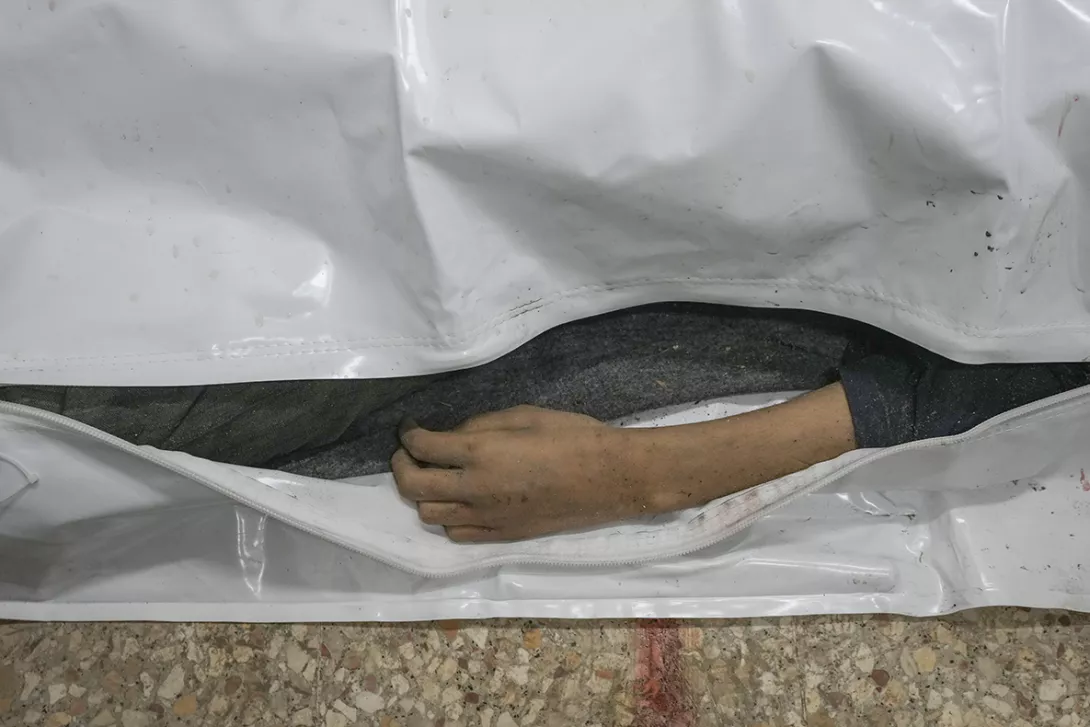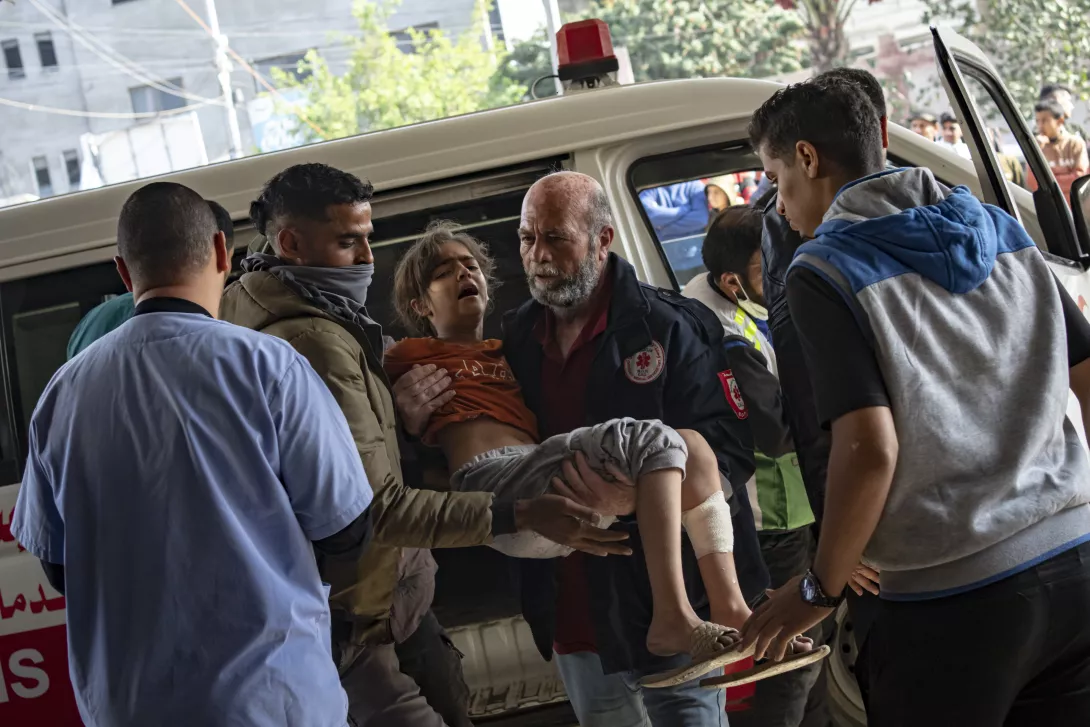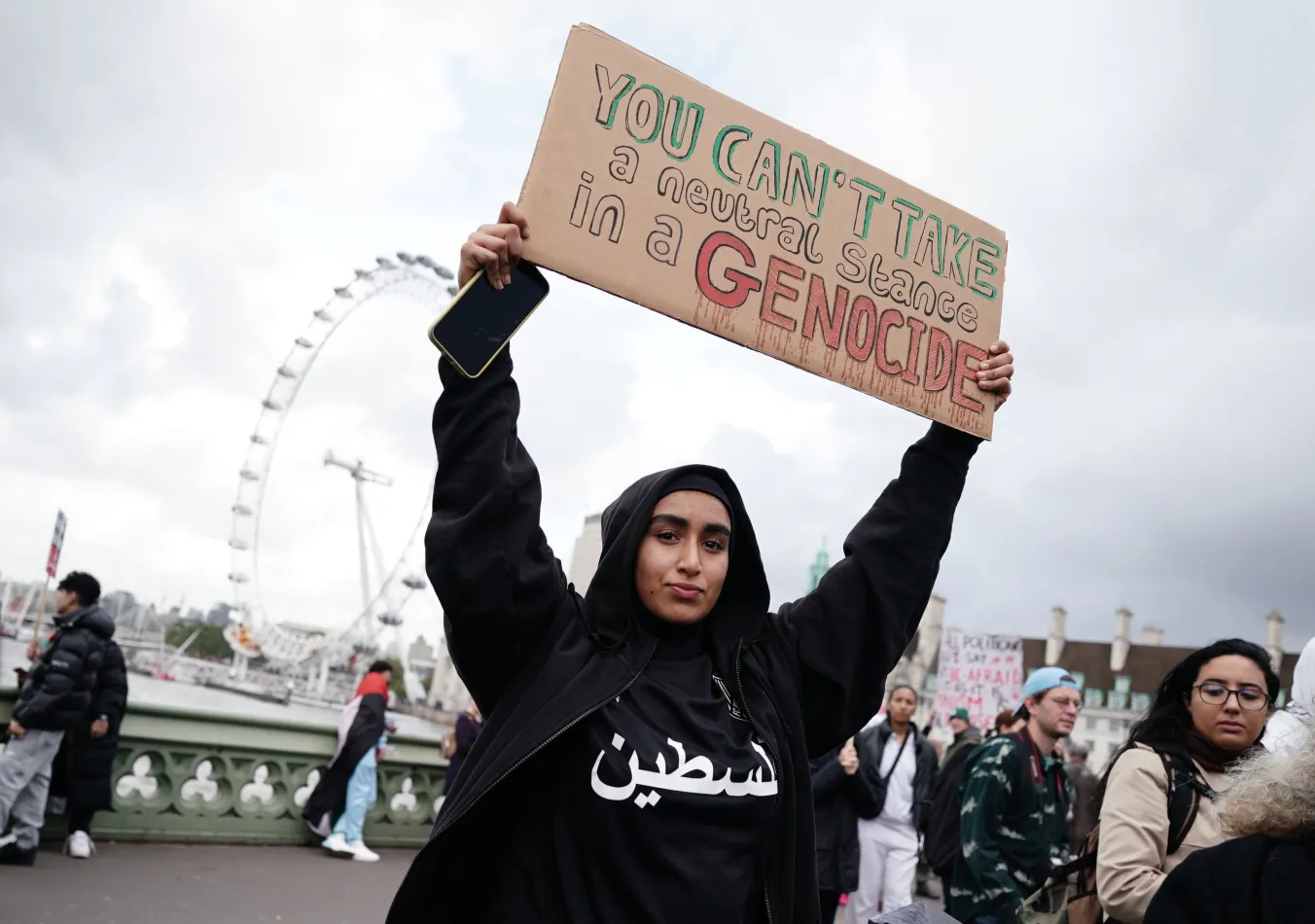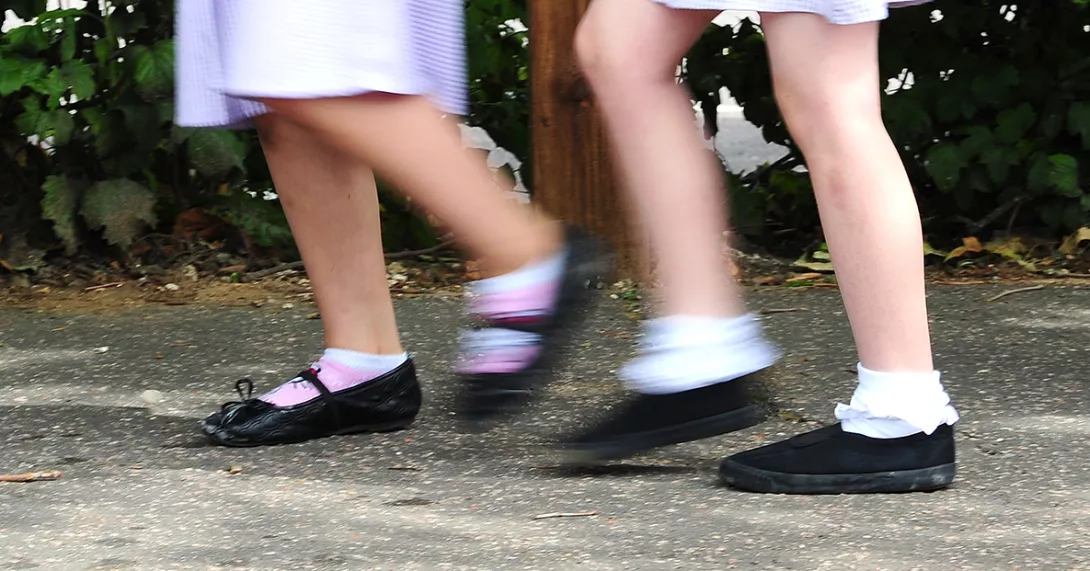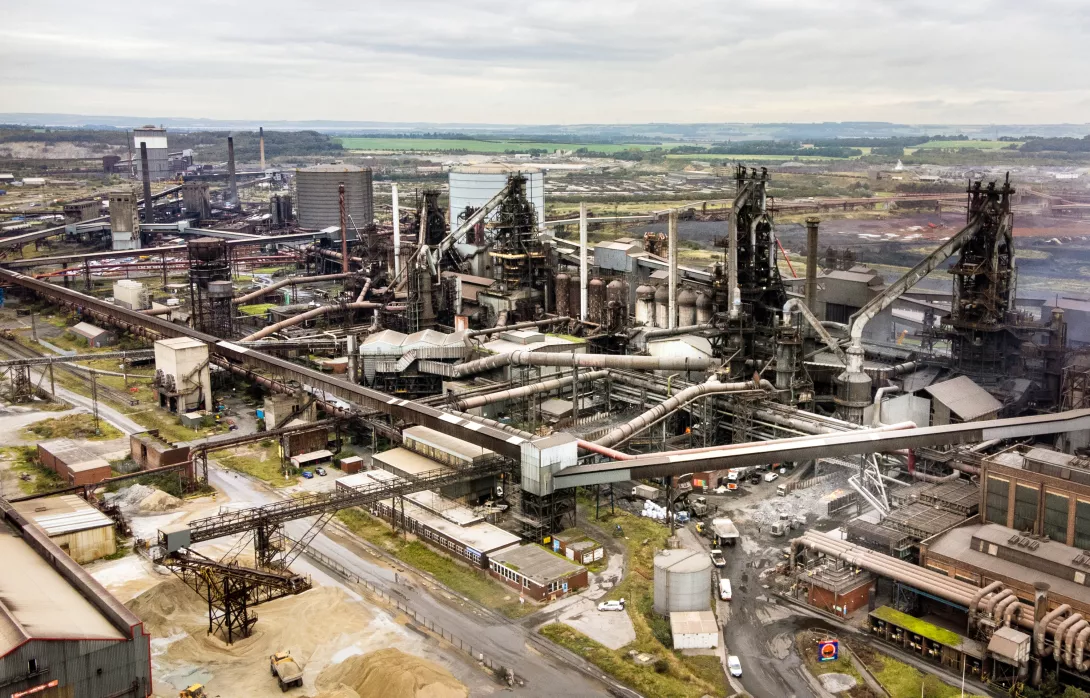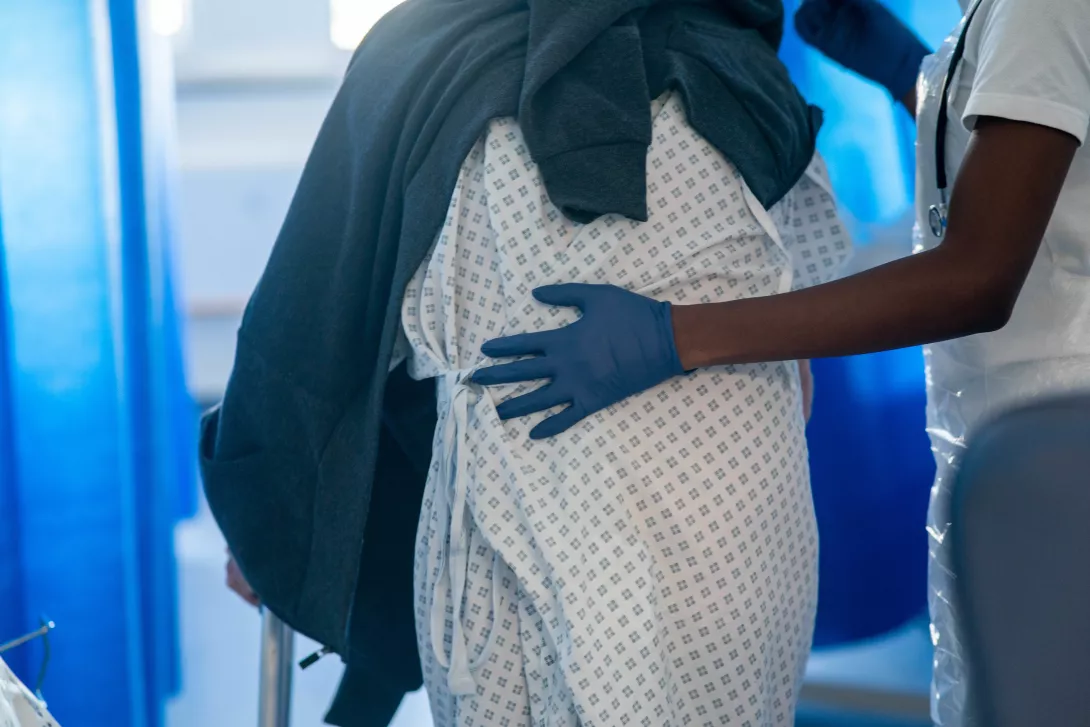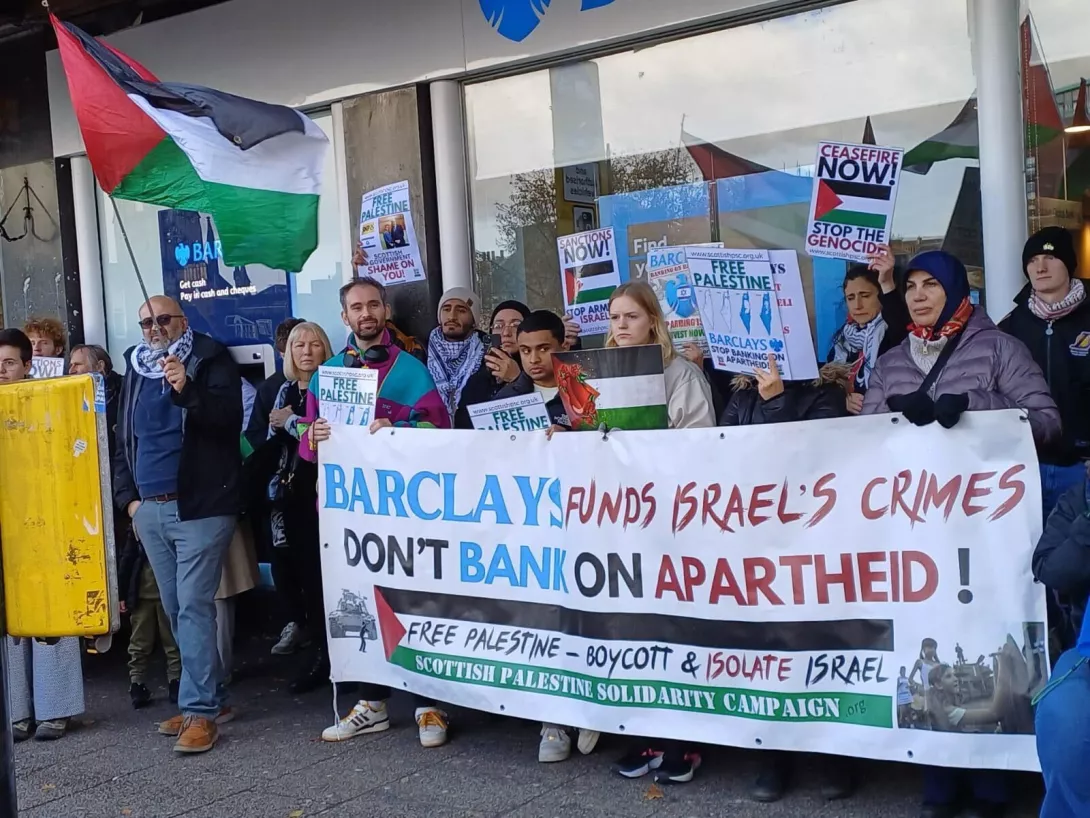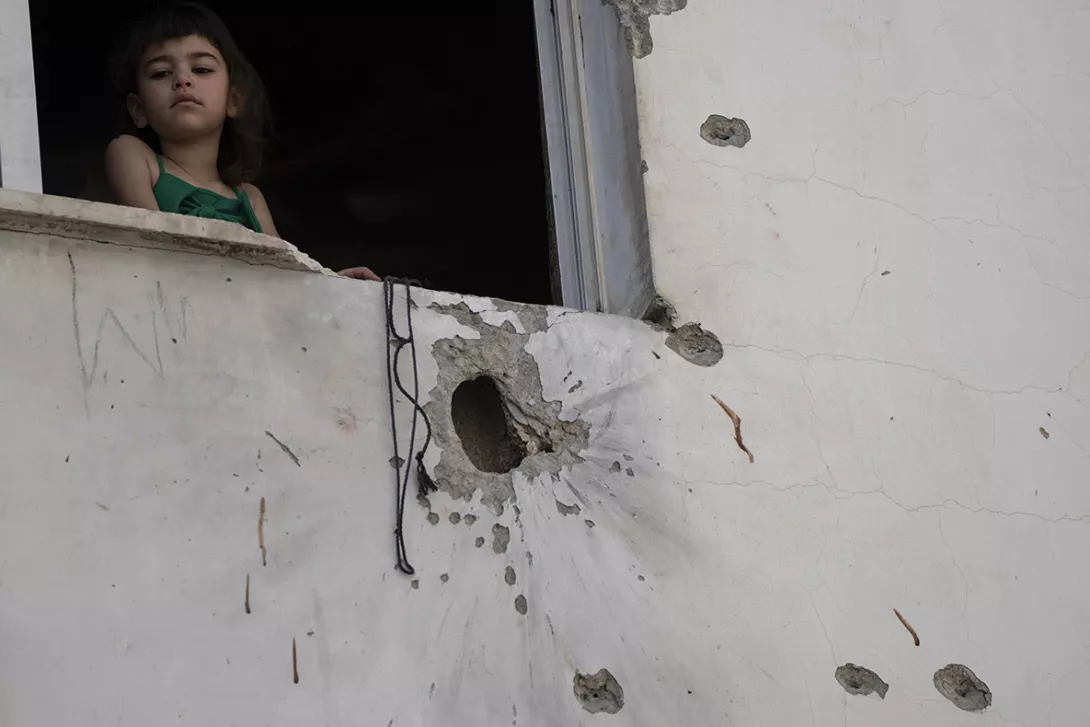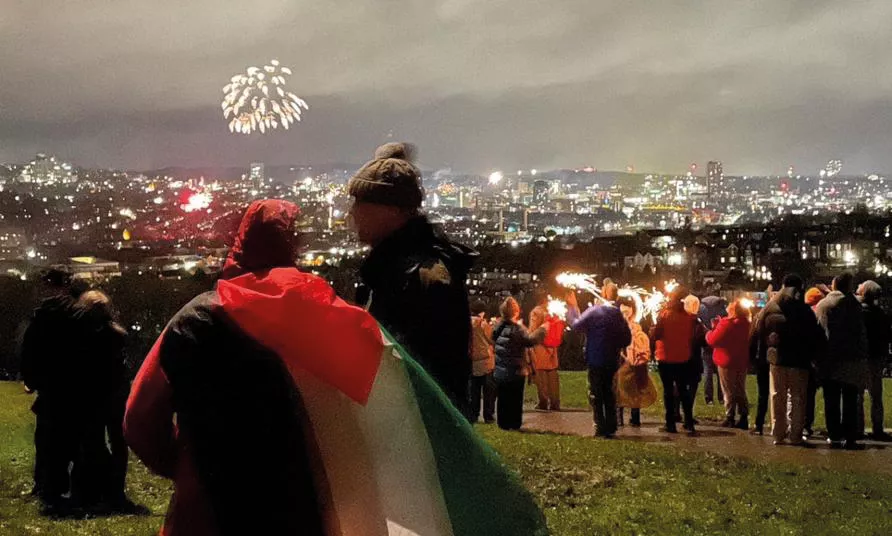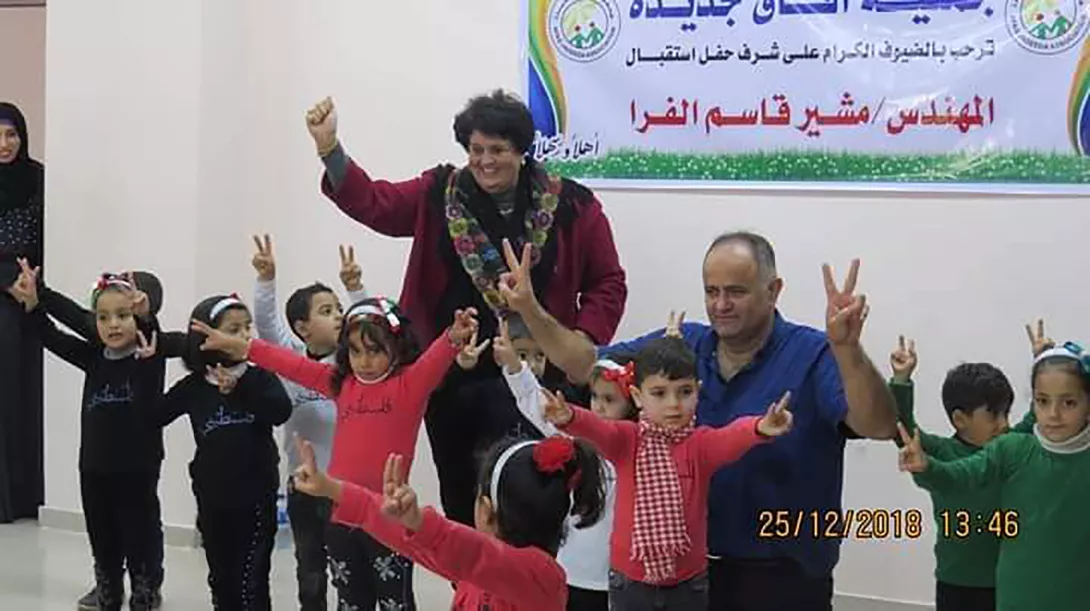
MUSHEIR AL-FARRA knows the value of direct links between Palestine activists in Britain and Palestinians living under the reality of daily repression and violence inflicted on them by Israel.
Although he has lived in Sheffield in South Yorkshire since 1989, he is from Khan Younis in Gaza, currently under bombardment.
He came to Britain to study for a master’s degree in civil and structural engineering in Cardiff and decided to stay. He is chair of Sheffield Palestine Solidarity campaign. The group’s links with Palestine go back to 1995 and are understandably with people in Gaza.
He says the links are crucial. “It is definitely the most important part of solidarity,” Farra says.
“Firstly, it gives the people who are giving support to the cause a very clear idea about what is going on through links with people in Palestine.
“In Sheffield we have been doing it since 1995. There is Jobalia refugee camp in the north of Gaza, Nussariat, one of the group of middle camps in Gaza, Khan Younis in the south and Khuzaa on the eastern border which is always under bombardment. The number of traumatised children in that area is unbelievably high.
“We linked the people who express solidarity for Palestine with the real work on the ground in Palestine. We established children’s libraries, a mobile library going to deprived and marginalised areas. It’s done from voluntary work done here in Sheffield.
“We started with two cases of books and expanded to computers and playground equipment. We established a centre called Never Stop Dreaming, the Qayis Centre for psychological and community support for traumatised children. This is really crucial, first for expressing solidarity with the people of Palestine against that sense of abandonment, that nobody cares.
“When they know that people thousands of miles away are providing solidarity with real help on the ground it helps them to be strong on their feet, resilient. When we support those children and women we are making sure they can be strong.
“What we provide is very much needed in those areas: books, toys, computer equipment, musical instruments, playground equipment.”
Farra emphasises that the work is an equal partnership.
“Not charity,” he says. “Not the strong and the weak. Not the educated and the ignorant. And we never impose any agenda. We established trust. We do not want to be seen as a donor, or a charity imposing conditions. We are their supporters and friends.”
The support costs money.
“We have had so many activities over the years,” says Farra. “We have social events every month or six weeks, Palestinian food, speakers, sports activities.
“For example, for the seventh year in a row we are having Runners for Palestine. It’s a ‘small park big run’ in a local park. Three or four hundred people run for 24 hours, doing half an hour at a time, starting at noon on Saturday and finishing at noon on Sunday. We raise thousands of pounds with that.
“We have delegations from Palestine and speakers. We take part in festivals as well.”
Individually he has staged a sponsored parachute jump from an aeroplane.
“It raised £7,000,” he says. “So yes, these links are very important. We pride ourselves in Sheffield that we have created a little of Sheffield in Palestine and a little of Palestine in Sheffield.”
In June, 2006, Sheffield’s example was taken up in Halifax in Calderdale in West Yorkshire.
Farra was one of two main speakers at a packed public meeting in the town to launch a campaign group and friendship link, Halifax Friends of Palestine (HFOP). The other main speaker at the launch was the former chair of the Campaign for Nuclear Disarmament and priest Bruce Kent, who was a patron of the Palestine Solidarity Campaign.
On the day of the meeting at Halifax YMCA, Israel had again bombed Gaza.
Jenny Lynn, a Labour councillor with Calderdale District Council, was a founder member of HFOP and is its chair. The group is affiliated to the Palestine Solidarity Campaign.
For 17 years the group has organised protests, public meetings and other activities in solidarity with Palestine, says Lynn.
It also established direct links with the people of a refugee camp in Palestine.
Lynn says: “Following several visits to the occupied West Bank, in the years that followed, we were able to develop good links with Aida refugee camp in Bethlehem, eventually raising funds to hold a festival in the [Halifax] Piece Hall in summer 2010, to which we were able to invite a group of young Palestinian dancers from the Lajee Centre in Aida camp.
“The young people were thrilled to see the Palestinian flag flying from Hebden Bridge Town Hall and made two other visits to Calderdale in the years that followed, developing friendships with local young people and their families as a result.
“In 2012, women from HFOP came together with other activists from Sheffield, York, Manchester and other centres to set up Northern Women for Palestine and brought over Palestinian women activists in the ensuing decade, to get involved in a whole series of awareness-raising events across the north of England.
“Thanks to links established with Gaza, we were able to produce what became the popular Recipes of Resistance book, with all proceeds going to a women’s food co-operative in Gaza.
“Since 2012 we have been fortunate to include in our group in Halifax a Palestinian family originally from Gaza City and now living here, who have also helped us to stay in touch with the reality of life in Gaza, never more so than now, when they have been mourning the deaths of 14 members of their close family during the recent bombing,” says Lynn.
HFOP’s regular fundraising dinners for Palestine are eagerly anticipated events.
“Our fundraising dinners for Palestine have always raised money for Medical Aid for Palestine, as well as for a Gaza scholarship fund set up in memory of a wonderful Bradford activist called Abu Bakr Rauf.
“We also fundraise through regular sales of Palestinian dates and olive oil, especially during Ramadan.
“More recently, a couple of our members from Hebden Bridge also visited the historic village of Battir, near Bethlehem, and hope to be able to link up with a women’s co-operative there.”
Across the Yorkshire county boundary at Pendle in East Lancashire Richard MacSween and friends set up the Pendle Palestine Twinning Group in 2007.
The group’s main activity is organising and raising funds for visits to Britain by delegations from Palestine.
The group’s main link is with the community of Beit’leed, near Nablus in the north of the West Bank.
“The basis of the friendship link is to have exchanges. Going there and people from there coming from Palestine,” he says. “Since 2007 we’ve probably had one a year. We bring different groups over: women’s groups, youth workers, girl footballers, musicians.
“In November we were supposed to have four schoolgirls coming over. Only one came.”
The visit is being reorganised for February.
“We’ll be taking them into schools,” he said. “They’ll be able to talk to kids there — 14-year-old schoolgirls talking to kids their own age about their lives, the settlers, the wall, the checkpoints, the administrative detention where the Israelis can basically grab a child as young as 10 and detain them for six months without charge.
“I know it’s a terrible thing about the Israeli hostages but the Israelis have been doing the same thing themselves for years.”
An estimated 7,000 Palestinian hostages are held in Israeli prisons at any given time. Thousands more have been arrested since October 7.
“The basis of bringing people from Palestine to Britain is so that they can talk to people and open their eyes to what is really going on there,” says MacSween.
The Pendle group is in touch with a Palestine friendship group in London.
In the high street in Camden there’s a cafe called Cafe Palestina. It was opened as a social enterprise six years ago and supports Cadfa, the Camden Abu Dis Friendship Association, which is this month celebrating 20 years since it was founded to establish links with Palestine.
Abu Dis is a district in East Jerusalem. Like Camden, Abu Dis has a university. In Camden it’s University College London (UCL). In Abu Dis it’s al-Quds University. Al-Quds is the Arabic name for Jerusalem, and the university is Palestinian. The universities’ existence in the communities was among the reasons for establishing the link.
Nandita Dowson is one of the Camden group’s founders and organisers.
One story she told the Morning Star was of a woman supporter in London who had lived in Soweto in South Africa when it was an apartheid state.
“She said she had always thought that living in Soweto under apartheid was the worst experience anyone could have, but she said when she went to Palestine it was worse,” says Dowson. “In Soweto there had never been any threat that people would have to leave. In Palestine the threat is always there. She had always supported Palestine. She got angrier and angrier.
“We have all learned so much. We have really good links with the university, women’s groups, the council. We had to build trust.”
Thanks to the British government and its refusal to back a ceasefire in Gaza, trust has been shaken.
“There is anti-British feeling,” she says. “People say ‘your government is supporting it’,” — meaning the slaughter in Gaza. “So in general people are really angry with Great Britain. But at the same time they are very aware of the huge demonstrations and are pleased with that. And anyway our friends know us.”
An achievement of the Camden group is the publication of five books about Palestine, including Voices from Abu Dis based on collected letters, and Stories from Our Mothers.
Another role it has is to use its knowhow to help other groups organise visits. And as many of the friendship or support groups across Britain are in touch with each other, visitors from Palestine organised by one group can speak at meetings organised by others at venues nationwide to get the truth out to the public.
Funding for Camden is always a concern. It worsened significantly when the Brexit referendum closed the door on access to European grants. But still the group manages, partly through regular monthly donations from members. But more is always needed. One exchange visit involved 16 people on either side, and flights have to be paid for.
Then there’s Cafe Palestina. It opened six years ago. Its role is to “promote Palestinian culture and support our local community through food, authentic Palestinian produce, exhibitions, events and our small library.”
Nandita Dowson is proud that the Camden group has achieved 20 years of campaigning and building its links with Palestinian people, and rightly so.
The links with Palestinian organisations and people are not confined to Palestine support groups.
Two branches of Unite Community in the union’s London and the South East Region have forged an alliance with Shu’fat refugee camp which borders East Jerusalem and houses 40,000 Palestinians who have been driven from their homes.
Its occupants suffer poverty, disease, lack of services and regular violent raids by Israeli border police and military which leave inhabitants choking from tear gas and stinking from “skunk juice” sprayed from water cannon.
In September a delegation of five Palestinians from the camp, organised by Unite, undertook a speaking tour of Britain, even visiting a far-flung Palestine support group in the Orkneys. The visitors addressed packed meetings.
The union branches’ initiative is supported by the union at national level. Unite is promoting the creation of more grassroots links with Palestine through its branches and regions, and is one of 15 national unions affiliated to the Palestine Solidarity Campaign.
After the atrocities of the last 11 weeks in Gaza, and increased violence and oppression by Israel in the West Bank, British groups’ links with communities there are more crucial than ever.
A link to a leaflet on the work of the Unite Shu’fat Twinning Group can be found at www.mstar.link/UniteTwinning and their Facebook group at www.mstar.link/Shufat.
